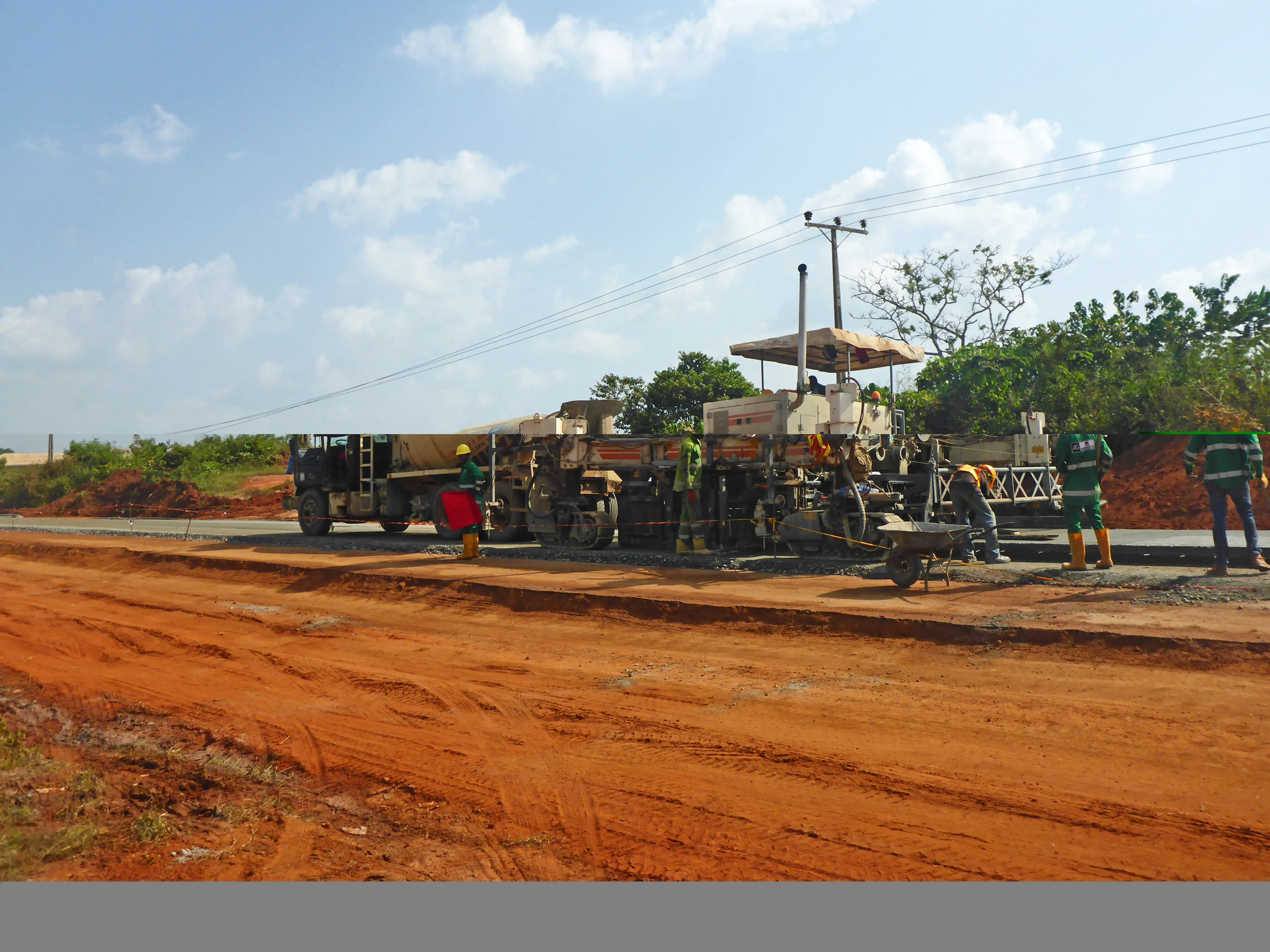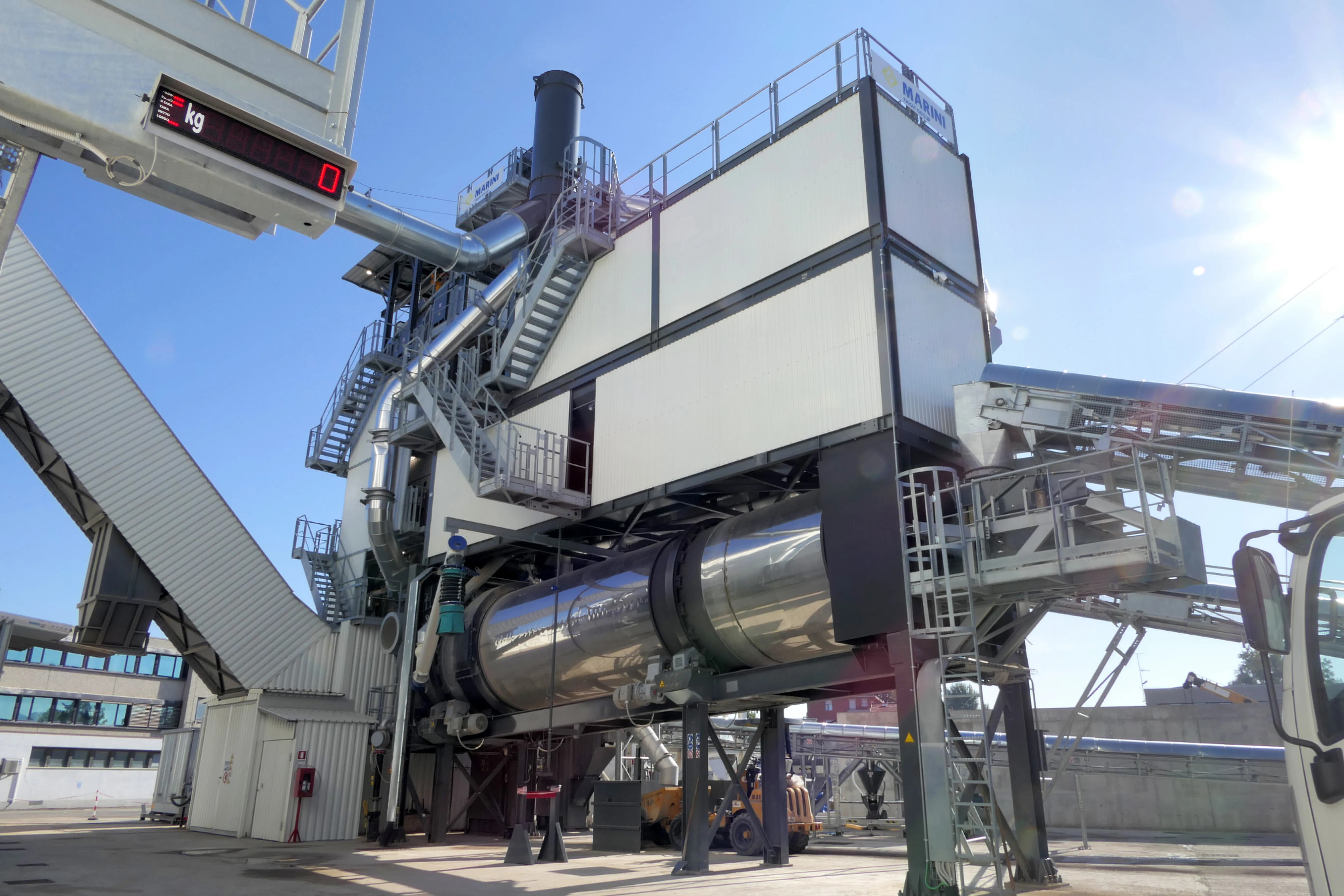This video shows Simex’s new VSE 40 screening bucket being put to work by two of the company’s Italian customers. The attachment is said by the firm to be unlike similar models on the market as it allows the user to change the output size of the material without having to perform complicated mechanical procedures. Thanks to an original patented solution, the VSE screening bucket lets the operator modify via hydraulic control the distance between the screening elements, and thus the output size between 0-15m
June 16, 2014
Read time: 3 mins
This video shows 1141 SIMEX’s new VSE 40 screening bucket being put to work by two of the company’s Italian customers. The attachment is said by the firm to be unlike similar models on the market as it allows the user to change the output size of the material without having to perform complicated mechanical procedures. Thanks to an original patented solution, the VSE screening bucket lets the operator modify via hydraulic control the distance between the screening elements, and thus the output size between 0-15mm and 0-45mm, directly from the cabin.
The first half of the video shows the VSE 40 attached to a crawler excavator at Natale Quarries (NQ) in Vigevano in Pavia, Lombardy. NQ has for many years focused on the production of topsoil to be utilised as a substrate for a wide set of applications, such as football fields, public spaces, parks and gardens, as well as the farming of high quality vegetables. Depending on the purpose, the soil is mixed with peat or compost to guarantee the characteristics best suitable for its use. For these purposes, the material has to be sized very finely, 0-6 mm, and consequently requires a type of screening that can eliminate the river aggregate typical of the zone, as well as small branches and roots. The output size can be achieved naturally by using large screens, but only after several steps and a long processing time. Additionally, when the soil is particularly wet, the process requires the constant cleaning and maintenance of the screening elements, increasing production costs.
For over three months, NQ is said to have been successfully utilising a VSE 40 screening bucket with excellent productivity and quality results. According to the moisture level of the material, the bucket is said to have allowed for production of 35-40m³/hour (high moisture level) and even exceeded 50m³ of dry material. The VSE 40 is said to also enable the soil to be screened in situ, thereby avoiding transport from the quarry where it is taken to the screening plant which may be located several kilometres away, achieving great savings in costs and production time. The SIMEX attachment also immediately produces a 0-15mm sized material. This achieves the dual goal of eliminating at least one step in the screening system and avoids the necessary but costly maintenance cycles entailed in screening operations.
In the city of Mirandola in Emilia-Romagna, where the second half of the video was shot, rubble from building sites has been treated after demolition works linked to the May 2012 earthquake. Another VSE 40 was used to screen the rubble with an output size of 0-25mm and 0-45mm. The resulting material will be included in the recycled mix, which is ideal for roadbeds and filling material. In this case, too, the equipment is said to have guaranteed excellent levels of quality and produced a material that otherwise would have required a much longer and expensive operation.
Showcased at the recent323 Samoter-160 Asphaltica 2014 show in Verona, Italy, the VSE 40 screening bucket is said by SIMEX to have been under continuous development and subjected to rigorous customer testing since being unveiled at 688 Bauma 2013.
A number of other VSE 40 screening buckets are said by the Italian company to be in the process of being assembled for other customers, while SIMEX also recently confirmed they are planning to introduce a smaller version of the VSE 40 at a later date.
The first half of the video shows the VSE 40 attached to a crawler excavator at Natale Quarries (NQ) in Vigevano in Pavia, Lombardy. NQ has for many years focused on the production of topsoil to be utilised as a substrate for a wide set of applications, such as football fields, public spaces, parks and gardens, as well as the farming of high quality vegetables. Depending on the purpose, the soil is mixed with peat or compost to guarantee the characteristics best suitable for its use. For these purposes, the material has to be sized very finely, 0-6 mm, and consequently requires a type of screening that can eliminate the river aggregate typical of the zone, as well as small branches and roots. The output size can be achieved naturally by using large screens, but only after several steps and a long processing time. Additionally, when the soil is particularly wet, the process requires the constant cleaning and maintenance of the screening elements, increasing production costs.
For over three months, NQ is said to have been successfully utilising a VSE 40 screening bucket with excellent productivity and quality results. According to the moisture level of the material, the bucket is said to have allowed for production of 35-40m³/hour (high moisture level) and even exceeded 50m³ of dry material. The VSE 40 is said to also enable the soil to be screened in situ, thereby avoiding transport from the quarry where it is taken to the screening plant which may be located several kilometres away, achieving great savings in costs and production time. The SIMEX attachment also immediately produces a 0-15mm sized material. This achieves the dual goal of eliminating at least one step in the screening system and avoids the necessary but costly maintenance cycles entailed in screening operations.
In the city of Mirandola in Emilia-Romagna, where the second half of the video was shot, rubble from building sites has been treated after demolition works linked to the May 2012 earthquake. Another VSE 40 was used to screen the rubble with an output size of 0-25mm and 0-45mm. The resulting material will be included in the recycled mix, which is ideal for roadbeds and filling material. In this case, too, the equipment is said to have guaranteed excellent levels of quality and produced a material that otherwise would have required a much longer and expensive operation.
Showcased at the recent
A number of other VSE 40 screening buckets are said by the Italian company to be in the process of being assembled for other customers, while SIMEX also recently confirmed they are planning to introduce a smaller version of the VSE 40 at a later date.








